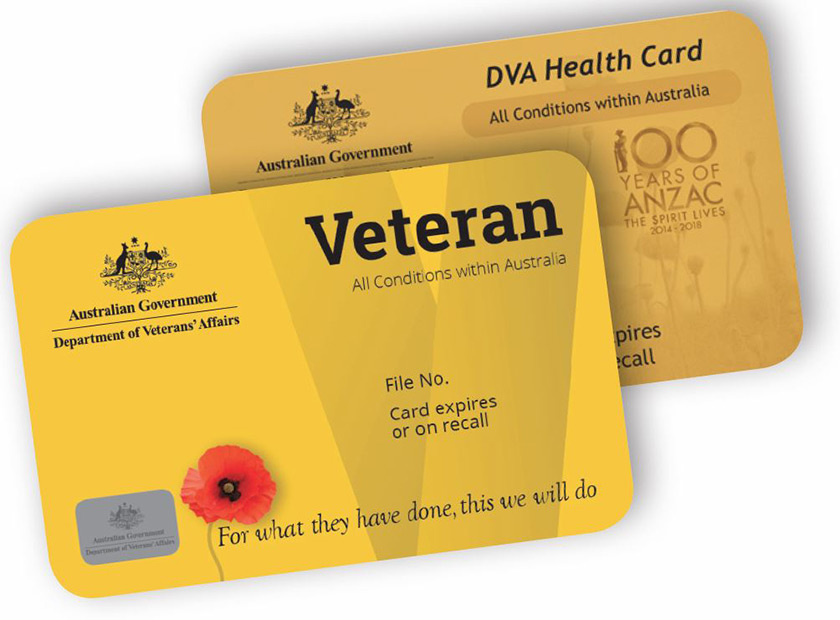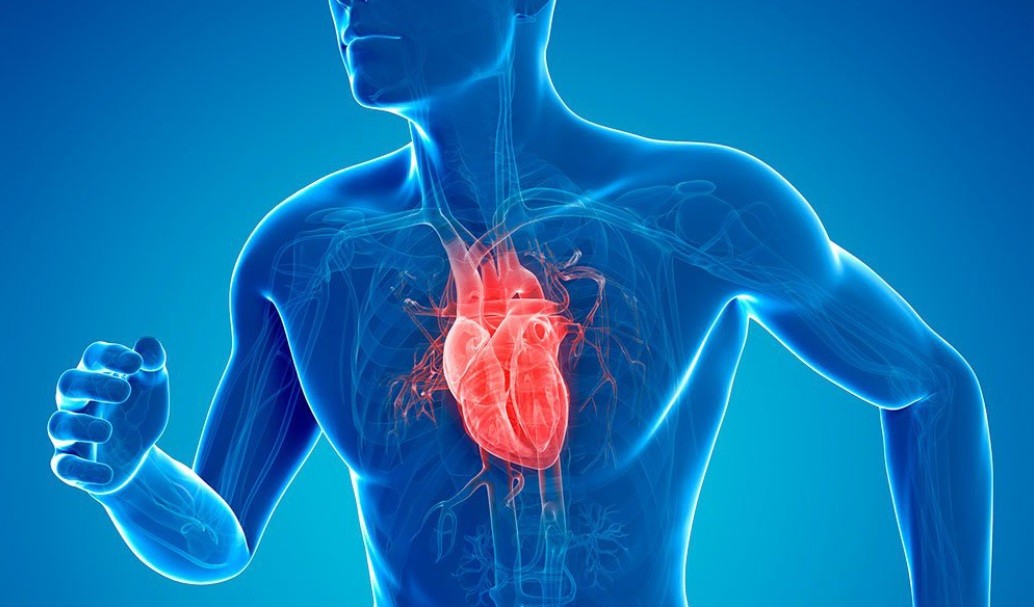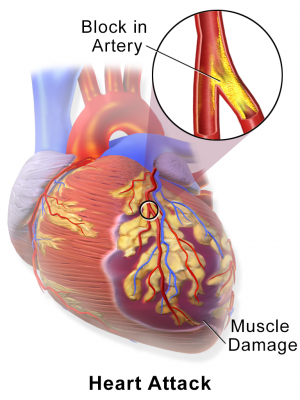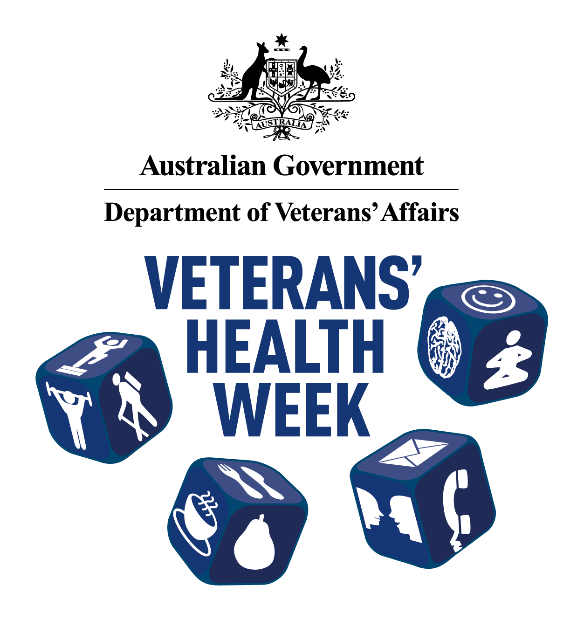|
|
||||||||||
|
||||||||||
|
Privacy Policy | Editorial Policy | Profit Policy | Join the Association | List of Members | Contact us | Index | Links |
||||||||||
|
Back Go to page: 1 2 3 4 5 6 7 8 9 10 11 12 13 14 15 16 17 18 19 20 Forward
|
||||||||||
|
DVA Issues
|
||||||||||
|
Contents
Changes to Partner Service Pension Eligibility Veteran Health Checks for former ADF members
|
||||||||||
|
DVA.
For some time now DVA has been getting a flogging. This, in our opinion, is un-necessary and quite unfair. We've had considerable dealings with DVA over the years and found them very caring, very understanding and an organisation with the welfare of the Veteran top of mind. For reasons best known to themselves, the Press is always too eager to kick them whenever they can, they trot out some poor bloke who is doing it tough and blame his misfortune on DVA when a little bit of investigation would show that there are quite a number of factors involved in the poor bloke or blokette's predicament. We've said it many times before and it is as true as the day is long, DVA can only offer relief as per what is written in their charter and that is set by the Government.
DVA employees (there are 1,723 of them) don't wake up in the morning and say to themselves, I wonder who we can knock back today, if you've got a query or a problem and they have the authority to help - they will.
Here are some stats:
In future, we've decided to devote a page in the RAM to DVA issues to show the services and assistance that are available. We're sure there are people out there who are really hurting but don't know where or how to ask for help, we're also sure there are people whose pride won't allow them to ask - we must change both of those facts.
Let's hope we can!
|
||||||||||
|
Earlier this year, a new look Veteran Card was launched as a part of
the Australian Defence Veterans’ Covenant. The Covenant provides
opportunities for people to show their recognition and support to
veterans and their families and also encourages businesses,
organisations and community groups across Australia to offer
benefits to Veteran Card holders.
Eligible veterans who registered with DVA after February this year have already received their Veteran Card and by the end of 2019 all existing card holders will receive theirs too. The new card will be automatically issued to all current eligible veterans, war widows and dependants via mail. The new card will replace existing DVA health cards (White, Gold and Orange) and there will be no change to how Veteran Card holders access DVA-funded health services and benefits.
It is important that existing DVA health card holders (White, Gold and Orange) make sure their contact details are up to date with DVA. You are able to check these details online via MyService or by calling DVA on 1800 555 254.
You can see more information HERE.
Veteran Health Checks for all former ADF members.
Staying on top of your health can be a challenge, especially when
schedules are jam-packed and it seems like there are a heap of other
priorities to attend to. You might notice that you’re not feeling as
fit as you used to be, haven’t been getting much sleep or have a lot
on your mind.
Sometimes we can get back on track on our own after a small set-back, while at other times we may need extra assistance from a health professional, starting with a general practitioner. To support you after you transition from the Australian Defence Force (ADF) to civilian life, one-off Veteran Health Checks are available for all former members of both the permanent and reserve forces. They are accessible at any time.
You can access these even if you are not a DVA client, using your Medicare card (there is a Medicare rebate for this). Additionally, if you leave the ADF from 1 July 2019, you can gain access to fully-funded Veteran Health Checks each year for five years after transition. These are only accessible with a DVA Veteran Card.
Find out more about Veteran Health Check eligibility and see the frequently asked questions on the DVA web site HERE.
Changes to Partner Service Pension Eligibility.
A Service Pension provides regular income for people with limited means and is subject to the income and assets test. Partner Service Pension (PSP) is the payment made to eligible partners, former partners and widows/widowers of veterans.
Subject to the passage of legislation, from 20 September, 2019, changes to eligibility requirements removes the inequity between married and de-facto partners by extending the PSP for twelve months post-separation to all former partners, including former de-facto partners.
This change also allows former married and de-facto partners to remain on PSP after the 12 month period where there are special domestic circumstances, such as domestic violence. Former partners can continue to receive PSP until they enter into a new relationship.
Click HERE for further information.
It may be stating the obvious but doing all you can to keep your heart healthy should be one of your highest priorities. Generally, you’ll only get one heart to keep you going. DVA’s Heart Health program helps you to increase your physical health and wellbeing through practical exercise, nutrition and lifestyle management support.
It runs for 52 weeks and includes two physical activity sessions each week, tailored to meet your needs. Twelve health educational seminars cover topics like setting healthy goals, nutrition and healthy eating, physical activity, chronic conditions, quitting smoking, responsible alcohol consumption, back care, stress management and maintaining a healthy heart.
The Heart Health program is delivered in small group formats. The group meets at a designated gym for weekly activity sessions and educational seminars. Experienced exercise and health professionals provide the participants with a structured and supervised fitness training schedule. An individual program is available via correspondence to those eligible veterans living in rural and remote areas.
The recent introduction of Medicare-funded GP heart health checks is a good reason to speak with your doctor about the risk factors, the current state of your heart health and the steps you can take to improve it. Acting on this will help you avoid becoming a statistic.
The statistics are alarming:
Heart disease has several risk factors. Some you can’t do anything about, including growing older, being male (although female risks rise after menopause), ethnicity, and family history, however, you can influence a few changeable risk factors, even by making just the smallest effort:
Most of the risk factors can be reduced by focusing on two simple things, be more active and eat healthy food! You don’t need to start training for a marathon or swimming the English Channel. Simply looking for opportunities to increase your general activity at an appropriate level and by choosing healthy food options will go a long way to maintaining a healthy heart.
While many health professionals can assist with advice for you, the best place to start will be a conversation with your GP.
The DVA-funded Heart Health Program has been helping eligible veterans to improve their heart health and general fitness for 19 years. You can get more information from providers Corporate Health Management on 1300 246 262, email hearthealth@chm.com.au or read about the DVA Heart Health Programme and Veterans Heart Health online.
We've done the Healthy Heart Program and can unconditionally recommend it, apart from being very good for your health, it is also an excellent social event and good for your general well being - tb.
Mental wellness for Veterans’ Health Week.
Veterans’ Health Week (VHW) 2019 will be held from 26 October to 3 November and planning is already underway. The purpose of VHW is to encourage current and former ADF personnel and their families to find out more about how to improve and maintain their health and wellbeing. This information includes ways to actively participate in veteran community programs and the resources available that promote good health and wellbeing.
Each year, VHW promotes one of four themes. Along with this year’s theme of mental wellness, the themes are:
DVA will once again support ex-service organisations and community groups across the country to deliver a range of VHW events to highlight the importance of improving and maintaining good mental health.
Events will help veterans and current serving Australian Defence Force members and their families to recognise the signs of mental illness – and to get involved, to take action and increase their knowledge of available services and programs to maintain good mental health. Mental wellness is essential for an individual’s overall health and wellbeing, which in turn, strongly influences our physical health and social connectedness with family, friends and our community.
VHW 2018 was a great success with around 10,000 people attending 130 events across Australia. The theme for 2018 was nutrition and its importance to our health and wellbeing.
VHW 2018 was also enjoyed by families and friends across a variety of events. These included talks by dietitians and nutritionists, cooking classes, supermarket tours and visits to community gardens and farmers’ markets. There was strong participation from Defence and ex-service organisation groups, and events were held on weekends to encourage family participation. DVA encouraged event organisers to use the week as an opportunity to reach out to people who often miss out on the benefits of engaging with their local veteran and ex-service community groups.
Men’s Health Peer Education and ex-service organisation volunteers were central to the planning and implementation of many events. Volunteers worked in partnership with DVA personnel throughout 2018 to engage with service providers, community organisations and former and current serving ADF personnel.
For more information on VHW, or to start planning your event for 2019, contact DVA on 1800 555 254 or visit the VHW page of the DVA website (dva.gov.au/vhw).
Following the pension reform changes made in September 2009, Veterans Supplement is a fortnightly amount paid to some veterans, some war widow/ers and orphans to reduce their out of pocket expenses when paying the maximum concessional pharmaceutical co-payment amount. It is payable to you if you do not receive an income support payment from DVA or Centrelink or if you are not eligible for pension supplement and you:
If you are paid any type of income support from DVA or Centrelink, you are not eligible for Veterans Supplement, as you receive an equivalent payment with your income support payment. You are also not eligible for the supplement if you receive the Military Rehabilitation and Compensation Act 2004 (MRCA) supplement as this is also an equivalent payment.
For more information about pension supplement, refer to DVA Factsheet HERE.
How much is veterans supplement?
The fortnightly rate of Veterans Supplement is:
Which rate of Veterans Supplement will I receive?
|
||||||||||
|
||||||||||
|
I talked to a homeless man this morning and asked him how he ended up this way. He said, "Up until last week, I still had it all. I had plenty to eat, my clothes were washed and pressed, I had a roof over my head, I had TV and Internet, and I went to the gym, the pool, and the library. I was working on my MBA on-line. I had no bills and no debt. I even had full medical coverage." I felt sorry for him, so I asked, "What happened? Drugs? Alcohol? Divorce?" "Oh no, nothing like that," he said. "No, no.... I was paroled." |
||||||||||
|
(With a little practical help)
Veterans’ Home Care (VHC) is designed to assist eligible DVA clients who need a small amount of practical help to continue living independently in their own home. VHC services can be tailored and provided as short-term or as ongoing support. Services can also be increased for a short time after surgery or a stay in hospital to assist with your recovery. Services offered under VHC include:
PERSONAL CARE. Personal care includes assistance with non-medical daily self-care tasks if the client can’t do it themselves. Services may include assistance with:
DOMESTIC ASSISTANCE. Domestic assistance provides support with basic household tasks, such as:
Domestic assistance is not intended to replace tasks the client is capable of doing. That’s because doing domestic activities yourself can have a beneficial health effect, even for the frail and very elderly.
SAFETY RELATED HOME AND GARDEN MAINTENANCE. To keep a DVA client’s home safe and habitable, VHC can provide minor maintenance or repair work, which may be carried out by a handyman, for example:
Safety-related home and garden maintenance does not include major repairs or services requiring a qualified tradesperson, such as tree-lopping or tree felling/removal. Garden tasks such as lawn mowing and pruning can be done if a safety hazard exists. Routine, cosmetic gardening such as weeding, maintaining flower beds, regular lawn mowing, or pruning of roses are not available under this service.
RESPITE CARE VHC also assists eligible carers with respite services, in recognition of the vital role they play in the veteran and defence community. These include:
DVA offers respite care to:
IN-HOME RESPITE CARE. In-home respite is available for eligible DVA clients who are:
Self-carers are not eligible for in-home respite. In-home respite allows a carer to have a break while a substitute carer comes into the home to take over the caring role. In-home respite can be for regular visits or one-off situations. It gives the carer the opportunity to attend to everyday activities and supports carers who have other work/ education commitments, or are re entering the workforce.
RESIDENTIAL RESPITE CARE Residential respite care provides short-term care, usually in an Australian Government funded aged-care facility. It can be used if a DVA client’s carer needs a break, or if a client is a self-carer.
EMERGENCY SHORT TERM HOME RELIEF (ESTHR) This service will help when an eligible DVA client’s carer is unexpectedly unable to provide care, and general community services are not available. If the only alternatives are admission to hospital or being left without the necessary care, DVA can provide care in the client’s home until general community services are arranged, or the usual carer is able to resume the caring role.
ACCESS AND ELIGIBILITY To receive VHC services, you need to have a Gold Card or White Card and be assessed by a VHC Assessment Agency. VHC services are provided based on eligibility and need. There are no age requirements for this program. The client can contact the VHC Assessment Agency directly themselves or another person can contact the Agency with the client’s consent, such as a GP, hospital discharge planner, family members, carers and friends. VHC Assessment Agencies generally assess a client’s needs over the phone in the first instance and approves services if appropriate. The VHC Assessment Agency, in consultation with the client, will develop a VHC Care Plan. Services will normally start within two weeks once the VHC Care Plan is approved but this does depend on the availability of service providers in your area, particularly if you live in a rural or remote area. To access VHC services call a VHC Assessment Agency via 1300 550 450.
FOR MORE INFORMATION Visit the DVA website HERE or freecall DVA on 1800 555 254 for more information.
|
||||||||||
|
Question: Why are retirees so slow to clean out the basement, attic or garage? Answer: They know that as soon as they do, one of their adult kids will want to store stuff there. |
||||||||||
|
|
||||||||||
|
|
||||||||||
|
|
||||||||||
|
|
||||||||||
|
|
||||||||||
|
|






